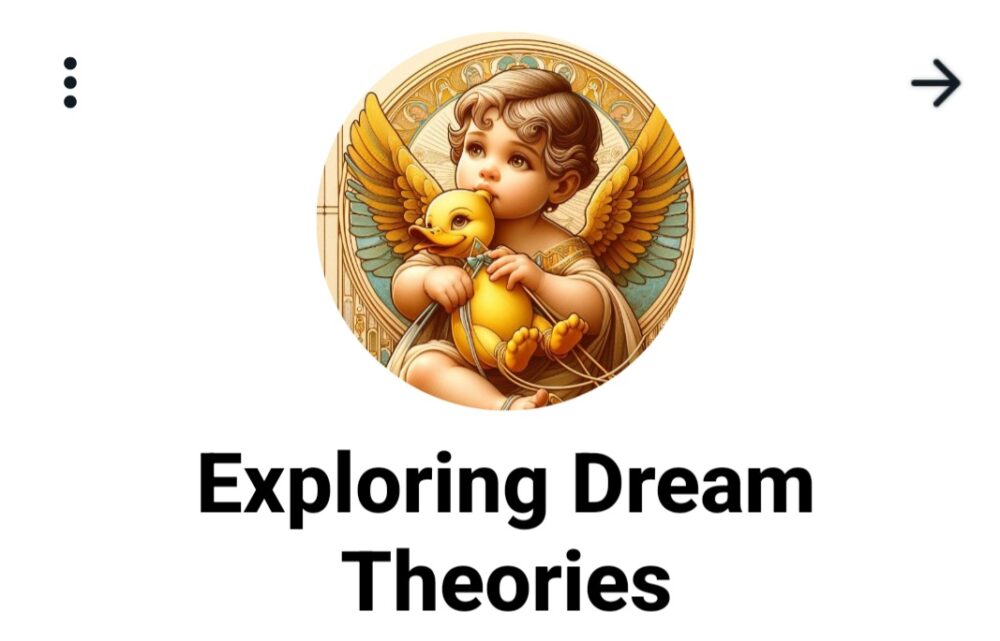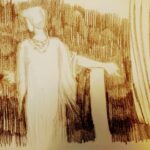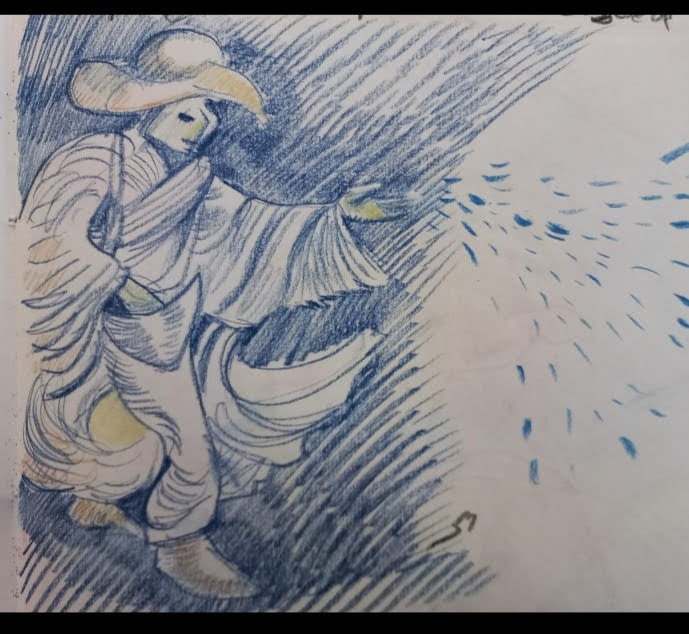Claudio Colace, PhD
Children’s Dreams: From Freud’s Observations to Modern Dream Research
INTERVIEW
raz: I have read your book and I am very impressed.
I think it is the first scientific research of freud’s dream theory. Most of the research I know
is cognitive or biological minded. Can you elaborate about it? Do you know
other researches with psychoanalytic grounding?
claudio: many thank for your interest. …Several approaches to dreaming are cognitive (e.g. Foulkes), neurocognitive (e.g. Seligman and Yellen), or neurobiological (Hobson), today, the only approach that attempt to establish a bridge between Freudian dream theory and neuroanatomical and neurobiological substratum is the neuropsychoanlytic theory of dreaming of M. Solms….
…Neurobiological and cognitive theorists frequently took no interest in the Freudian dream model. The former because they believed that this model was not scientific and not empirically testable, the latter for a choice of field of investigation (i.e. no attention to the motivational aspects of dreaming)….
…I believe that the Freudian dream theory has enough credentials of systematicity and is built in such as way that it may actually be subject to empirical control. For example, Freud formulated various explicit correlational hypotheses according to which it is possible to make certain prediction that can be empirically valued by using statistic validity indices…
…Also, from standpoint of Popper’s epistemological criterion (falsifiability criterion), Freudian dream theory has clear potential falsifiers, i.e. facts that, if found to be true, would clearly deny the theory….
…However, this statement on empirical testability of the Freudian dream theory is rejected by a good part of the scientific community. In my opinion, this is due to two main reasons: first, a lack of knowledge of theory, second, the influence of Popper’s judgment on psychoanalysis as pseudo-scientific theory (…rejected by Grünbaum )…
…Certainly, from a theoretical and methodological standpoint, I have developed the belief that without an appropriate study and systematisation of the Freudian dream theory, identifying research hypotheses correctly derived from the original ones is a difficult task. However, considering the vastness and complexity of Freud’s work, this is not surprising.
…The empirical evaluation of Freudian dream theory can be clinical (i.e., psychoanalytic setting) and/or extra-clinical. However, the latter offers greater guarantees of integrations with the others theory and knowledge on dreaming…
…I believe that that important portions of the Freudian theory of dream, such as the hypotheses on children’s dreams, on the genesis of dream bizarreness, and on wish-fulfilment hypotheses, can be scientifically tested…and this is both possible and necessary for the progress of the scientific study of dreams…
…Studies on children’s dreams has shown its advantages for the understanding of different aspects of dreaming also from psychoanalytic viewpoint, however, dream research has done very little to use knowingly the information available on children’s dreams and there have been very few research programmes on children’s dreams in sleep laboratories…
Sincerely,
Claudio Rome, July 8, 2010
raz: Claudio, thank you
I think it is very important to reconcile freud’ s theories with the new theories and research, as you do.
I wanted to ask you two specific questions about your interpretation of your own studies.
You have studied two developmental functions.
one is the development of the super ego, the second – that of dream bizarreness.
But how can you know that we are not dealing with 2 seperate developmental capabilities?
I mean that as the child grows older, his moral functions are more developed, and also his symbolic abilities, his mental complexity and many other functions, like the ability to produce BIZZARE and complex dreams.
How can we know that there is a cause and effect relationship between them, and not merely a developmental correlation?
My second thought is that if you are right, then psychopaths should also have simple dreams …
what do you think
yours
raz
claudio:
Dear Raz,
My research design is not capable to find cause-effect relationship but
this is a very common situation in psychological research (and also in
medicine). In other words, we may observe only which are (and which are not)
the developmental factors that are correlate, with dream bizarreness.
We may consider also the development of superego a “causally necessary”,
(but non-causally sufficient), for the presence of dream bizarreness and
this is equally relevant for Freudian theory of dream bizarreness.
In my studies, I have suggest that dream bizarreness production may require
certain cognitive pre-requisites, (i.e., cognitive background: symbolic
abilities,visual-spatial abilities, linguistic and verbal abilities) but
also that dream bizarreness is clearly affected by the level of development
of the superego functions of personality. Probably, when both factors
(cognitive and personality) are developed, there is a possibility to find
the most bizarre dreams.
Second question: Right, however, I believe that is complex to control this
hypothesis. In my opinion in dream of adults a result consistent with
disguise-censorship model is those on “infantile” dreams of adult that are
frequently non-bizarre dreams.
your sincerely,
Claudio











